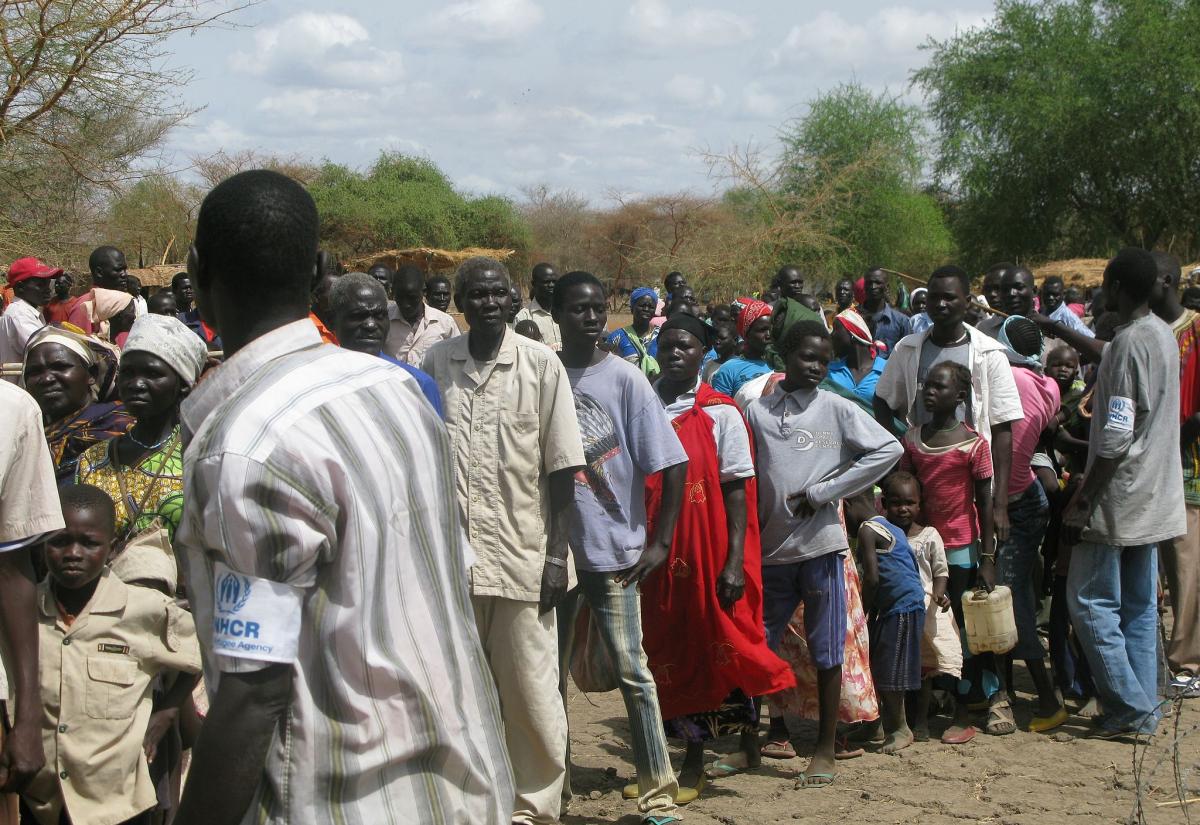Service provision in fragile and conflict-affected states: The role of outcomes-based contracts
The efficacy of overseas development spending in fragile states has been questioned. Could outcomes-based commissioning, where payment is contingent on measurable improvements for public service users, help?

Official development assistance to ‘fragile and conflict-affected’ states has steadily increased over the past 20 years.
The efficacy of this spending remains in question. A recent book states the matter bluntly: ‘attempts at reducing state fragility have generally not been successful’ (p.9).
Factors contributing to fragility include contested governmental legitimacy, presence of inter-group conflict, and an inability to perform state functions. A common characteristic is inadequate or unevenly distributed service provision. One measure of more effective assistance to fragile states would therefore be public services that better meet the needs of the population – to improve outcomes in health, education, employment, and so on. Outcomes-based contracting (OBC) explicitly designs and funds service partnerships on the basis of such measurable improvements in the lives of service users. This blog considers how OBC might apply to the specific contextual challenges of fragile and conflict-affected states.
The definition of fragility is contested, and multiple indexes offer different methods of categorising fragile states and/or armed conflict. An exposition and analysis are not possible for the purposes of this short blog. Seth Kaplan’s ‘Identifying Truly Fragile States’ examines the challenge of defining fragility. For critical political analysis of development agencies’ discourse of fragility, see the special issue of Third World Quarterly – ‘Fragile States: A Political Concept’.
OBC in fragile states: A case in favour
The typical use case for OBC states that paying service providers upon the achievement of outcomes, rather than activities, allows them the flexibility to respond to changing circumstances, adapting their activities as needed. Service providers in fragile states are frequently NGOs. In regions with limited state presence, it may be that established NGOs have better relationships with local populations than state agencies do, and might therefore have a better understanding of how a service can be expanded and improved in that specific context. OBC, in theory, allows them the autonomy to act on this knowledge without interference. Furthermore, the necessity of data collection for monitoring and verification of the target outcomes can potentially catalyse learning and knowledge-sharing about what has been effective for achieving the desired social outcomes.
Flexibility and an emphasis on evidence and learning therefore align outcomes contracts with the principles of adaptive management – the notion that interventions by development agencies should avoid imposition of standardised ‘best practice’ and instead respond to each dynamic local context with iterative cycles of learning and adjustment. It could be that OBC provides a mechanism to readily facilitate such a responsive process in fragile contexts.
Reasons for caution
Nevertheless, there are factors that temper an overly optimistic view. The OBC model relies on the ability to accurately measure the contracted outcomes achieved within a target population. This can be difficult at the best of times; in fragile or conflict-affected states, instability can make it periodically impossible.
Tying payment to service-user outcomes also necessarily reduces the extent of a service provider’s direct control over the achievement of the payment metrics. In highly risky and unstable contexts, less control may mean that ‘recipients are more likely to be punished for misfortune and rewarded for good luck’ (Clist and Dercon, p.2). The OBC model may no longer function as intended, disincentivising actors who perceive their success metrics as too much determined by elements they cannot control.
Where’s the evidence?
These considerations, both for and against the use of OBC in fragile states, do not indicate a firm conclusion either way. Rather, the advantages of OBC are more likely to be realised under certain circumstances than others. A task is therefore to better understand the circumstances in which OBC can prove an effective means of service delivery in fragile states, and those in which alternative forms of contracting might be preferable.
Responding to such an enquiry requires evidence, and at present this is limited. ‘Evidence’ here refers not only to performance against outcomes metrics. There is also a need for empirical detail on how OBC-funded programmes have been designed to respond to fragility and conflict, the challenges faced, and the solutions devised. At present, there is a general ‘lack of analysis of contextual needs and features’ that might affect the potential relevance or benefit of an outcomes contract (Bertone, p. 20). Given that ‘fragility’ is a heterogenous category, better understanding how OBC interacts with a variety of contextual factors might allow us to discern more accurately the situations in which the case for OBC is more compelling.
Furthermore, many existing OBC projects implemented in fragile states have largely bypassed the domestic government, raising questions about the long-term sustainability of provision. This problem is not unique to outcomes-based interventions. But if homegrown solutions are indeed the route towards long-term stability, there is a need to understand whether and how externally funded OBC can be more supportive of domestic institutions and local agency. Evidence is needed for this, too, as well as more conceptual work around theories of change, and methodological consideration of how capacity building effects of OBC could be reliably studied.
The goal of long-term stability
The relationship between adequate service provision and political stability is complex. If a state can better meet the needs of its population – particularly health, education, and employment – that might reasonably be thought to contribute to maintenance of the social contract, trust in the government, and possibly greater social cohesion. At the same time, service provision is far from the only factor influencing fragility. Alternative motives can lead citizens to reject the legitimacy of a government, regardless of how well it delivers public goods. Social divisions might be ameliorated by better services; they are unlikely to be erased.
A certain amount of humility is therefore required regarding the transformative potential of OBC in fragile and conflict-affected states, even while maintaining an ambition for more effective assistance. Aspirations ought to be based on a realistic understanding of constraints within the operational context, with the contract design adapted accordingly.
This blog was originally published on the GO Lab website and is reproduced with permission. The Government Outcomes Lab at the Blavatnik School investigates how governments partner with the private and social sectors to improve social outcomes.
On YouTube you can view a 'deep dive' session moderated by Harry Bregazzi on ‘Pursuing better social outcomes in fragile and conflict-affected states’ from the GO Lab 2023 Social Outcomes Conference.





